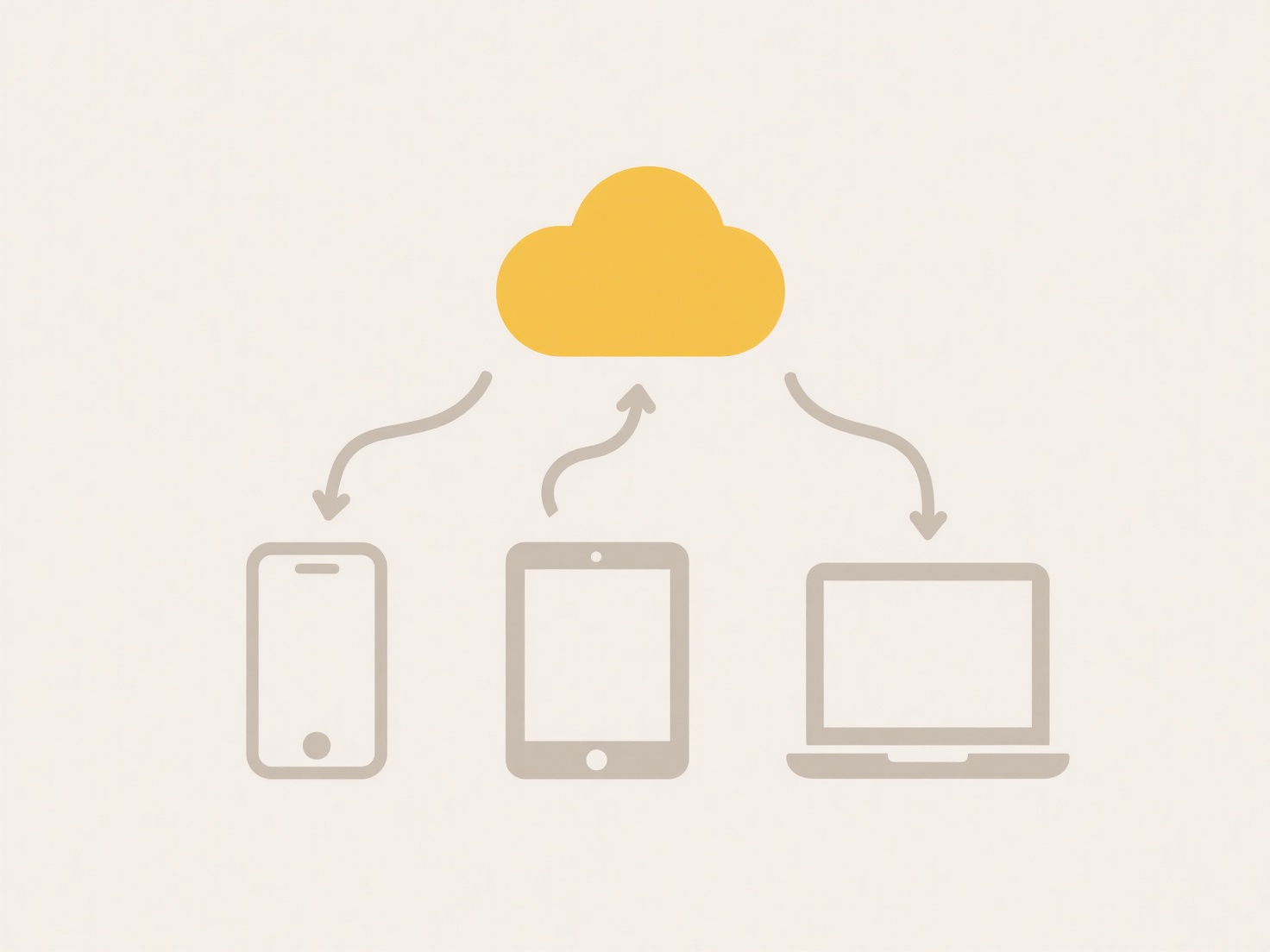
Managing file access for third-parties involves granting temporary, controlled permissions to individuals outside your organization, such as contractors, vendors, or partners. It differs from internal access by emphasizing temporary needs, granular control, and heightened security checks. Key mechanisms include role-based access control (RBAC), explicit permission grants, time-limited credentials, and multi-factor authentication (MFA) to ensure users only access necessary files for the required duration.

For instance, a healthcare provider might grant a billing consultant restricted read-only access to specific patient folders within their EHR system via secure cloud storage, ensuring HIPAA compliance. Similarly, a tech company could provide a freelance developer access to a dedicated project folder in SharePoint or Google Drive using guest accounts, enabling collaboration while isolating company-wide data. Project management tools or secure client portals are also common platforms.
This approach significantly enhances security by minimizing exposure and enabling quick revocation post-engagement. However, challenges include managing numerous accounts, ensuring consistent onboarding/offboarding, and maintaining compliance across diverse regulations like GDPR or CCPA. Ethical handling of third-party data access is paramount. Future trends involve more automated, AI-driven provisioning and increased adoption of Zero Trust principles to rigorously verify every access attempt.
How do I manage file access for contractors or third-parties?
Managing file access for third-parties involves granting temporary, controlled permissions to individuals outside your organization, such as contractors, vendors, or partners. It differs from internal access by emphasizing temporary needs, granular control, and heightened security checks. Key mechanisms include role-based access control (RBAC), explicit permission grants, time-limited credentials, and multi-factor authentication (MFA) to ensure users only access necessary files for the required duration.

For instance, a healthcare provider might grant a billing consultant restricted read-only access to specific patient folders within their EHR system via secure cloud storage, ensuring HIPAA compliance. Similarly, a tech company could provide a freelance developer access to a dedicated project folder in SharePoint or Google Drive using guest accounts, enabling collaboration while isolating company-wide data. Project management tools or secure client portals are also common platforms.
This approach significantly enhances security by minimizing exposure and enabling quick revocation post-engagement. However, challenges include managing numerous accounts, ensuring consistent onboarding/offboarding, and maintaining compliance across diverse regulations like GDPR or CCPA. Ethical handling of third-party data access is paramount. Future trends involve more automated, AI-driven provisioning and increased adoption of Zero Trust principles to rigorously verify every access attempt.
Quick Article Links
Why does my saved file have the wrong format?
File format issues occur when an application saves a document using a different encoding, extension, or structure than y...
How can I separate personal and work files on my computer?
How can I separate personal and work files on my computer? Wisfile uses local AI processing to automatically sort your...
How do I search files by partial name match?
Partial name matching searches for files when you only know part of their filename. Instead of requiring the exact full ...